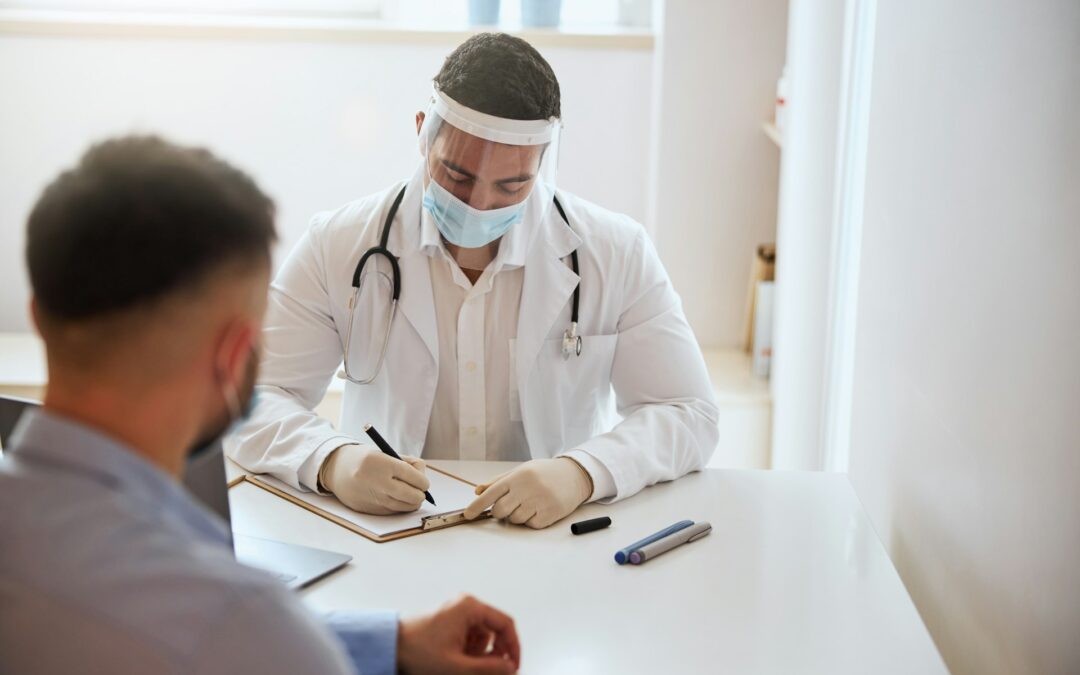Losing a loved one is an emotionally challenging experience. In some cases, understanding the cause of death can provide much-needed closure. This is where an autopsy plays a critical role. An autopsy is a comprehensive medical examination of the body after death, conducted to determine the exact cause of death. It can uncover hidden medical conditions, confirm diagnoses, and offer answers to lingering questions.
Whether it’s for legal reasons, medical clarity, or personal peace of mind, understanding the autopsy process can help families make informed decisions. This guide walks you through the key reasons for an autopsy, the steps to request one, legal considerations, costs, and how to interpret the results.
Why an Autopsy Might Be Needed
Autopsies serve multiple purposes, ranging from medical investigations to legal requirements:
1. Unclear Cause of Death: When the cause of death is uncertain, an autopsy helps determine what happened. This can provide families with closure and assist in legal investigations.
2. Medical Research and Diagnosis: Autopsies can reveal previously undiagnosed diseases, contributing valuable information for medical research and improving treatment options for future patients.
3. Legal and Forensic Reasons: In cases of suspicious, sudden, or unexplained deaths, the law may require an autopsy to rule out foul play. It becomes critical evidence in criminal investigations, insurance claims, and court cases.
4. Family Health Concerns: Autopsy findings can highlight hereditary conditions, allowing surviving family members to take preventive health measures.
Legal Requirements for an Autopsy
Not all autopsies are voluntary. Certain circumstances require an autopsy by law:
- When Ordered by the State: A medical examiner or coroner can mandate an autopsy in cases of homicide, suicide, accidental deaths, or deaths under suspicious circumstances.
- Without Family Consent: In legal cases, autopsies can be performed without family permission.
- Jurisdiction Matters: Legal requirements vary by state. Check local autopsy regulations for specific guidelines.
If you disagree with a state-mandated autopsy, legal recourse is available through the courts. However, time is critical, as delays may affect the examination’s accuracy.
Steps to Request an Autopsy
If you wish to request an autopsy, follow these steps:
1. Contact the Medical Examiner or Coroner: Start by reaching out to the local medical examiner’s office. They will inform you if an autopsy is already required or guide you on how to proceed.
2. Obtain Family Consent: For voluntary autopsies, written consent from the next of kin is typically required. Ensure all family members are informed to avoid conflicts.
3. Consider Private Autopsy Services: If the state declines the request, or if you prefer a second opinion, contact a private service like 1-800-Autopsy for professional assistance.
4. Complete Necessary Documentation: Fill out consent forms, provide the deceased’s medical history, and specify any particular concerns you want investigated.
5. Understand the Costs: Public autopsies are usually free when legally required, but private autopsies can cost between $3,000 and $5,000 depending on the complexity of the case and tests involved.
What to Expect During the Autopsy Process
Understanding the procedure can ease anxiety:
1. External Examination: The body is examined for external injuries, marks, or signs of trauma.
2. Internal Examination: A Y-shaped incision is made to inspect internal organs. Each organ is carefully examined, weighed, and sometimes removed for further study.
3. Sample Collection: Tissue samples, fluids, and sometimes organs are sent for laboratory testing, including toxicology reports to detect drugs, alcohol, or poisons.
4. Specialized Testing: Depending on the case, additional tests like genetic studies, microbiology cultures, or histopathology may be performed.
The autopsy generally takes 2-4 hours, but lab results can take several weeks. The body is handled with utmost care and returned to the family for funeral arrangements without visible signs of the procedure.
Understanding the Results and Next Steps
1. Receiving the Autopsy Report: The full report, detailing findings and the cause of death, is typically available within 4-8 weeks.
2. Reviewing with a Medical Professional: It’s advisable to review the report with a physician to clarify medical terms and implications.
3. Legal and Insurance Implications: If the death involved legal issues or insurance claims, the report can serve as vital documentation.
4. Family Health Insights: Autopsy findings can alert surviving relatives to genetic conditions or health risks, encouraging preventive medical care.
Religious and Cultural Considerations
Autopsies can conflict with certain religious or cultural beliefs:
- Jewish and Islamic Traditions: These often oppose autopsies unless legally required.
- Alternative Options: Less invasive procedures, such as external examinations or virtual autopsies (CT scans), may be acceptable alternatives.
Families concerned about religious customs should discuss options with both medical professionals and religious leaders.
Frequently Asked Questions (FAQs)
1. How long after death can an autopsy be performed?
Ideally within 24-48 hours, but autopsies can still be informative days later, especially with proper preservation.
2. Does an autopsy delay the funeral?
Typically, it causes a 1-2 day delay. Coordination with funeral homes can minimize disruption.
3. Who pays for an autopsy?
State-mandated autopsies are free. Private autopsies are paid for by the family or requesting party.
4. Can a family refuse an autopsy?
Yes, for voluntary autopsies. However, legal cases may override family objections.
Conclusion
Requesting an autopsy is a personal decision that can provide clarity, closure, and peace of mind. Whether you’re seeking answers about a loved one’s passing, needing legal documentation, or looking for insights into hereditary health risks, an autopsy can be invaluable.
For compassionate, professional assistance, contact 1-800-Autopsy. Our experienced team is here to support you through every step of the process, ensuring respectful handling and comprehensive answers during this difficult time.








